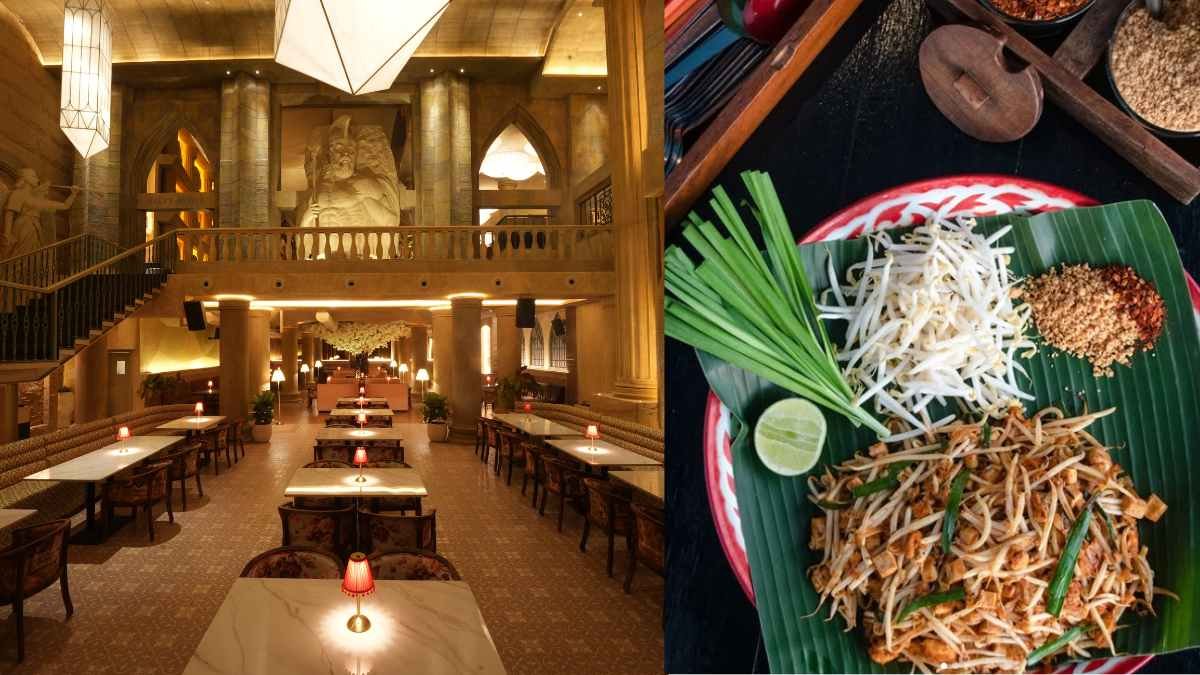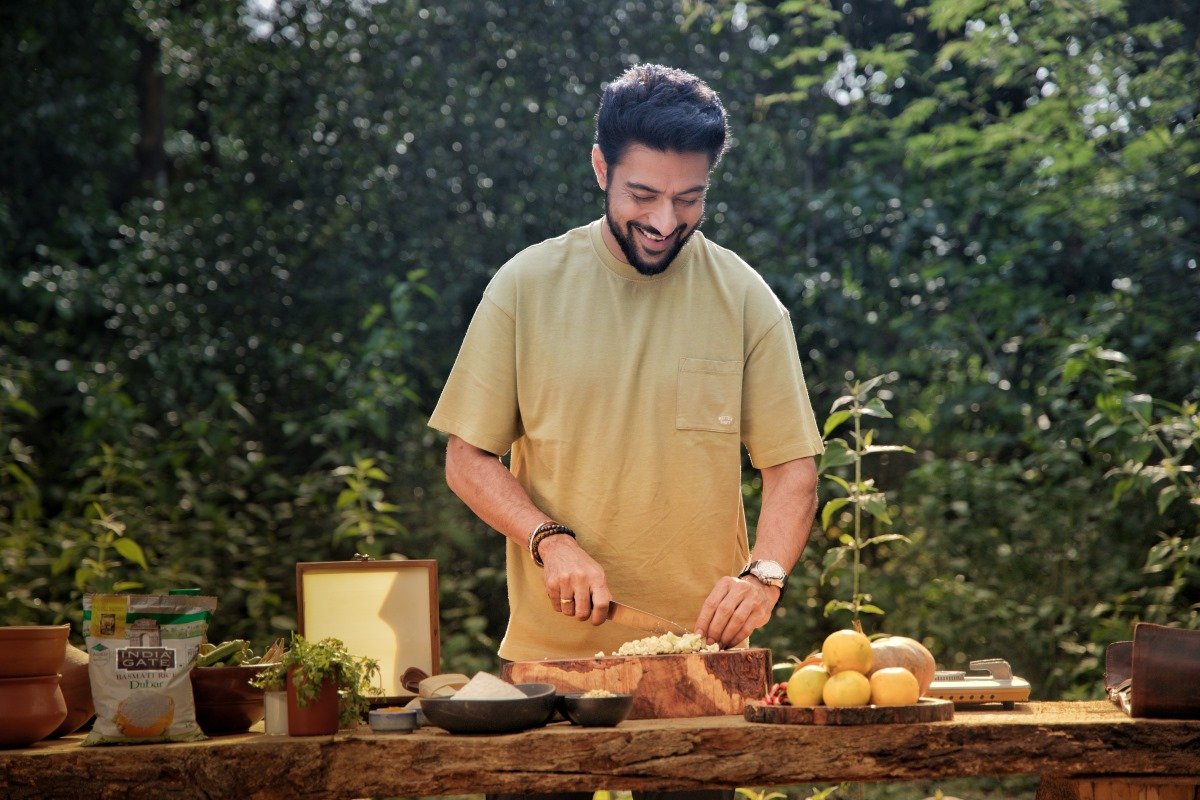In a bid to achieve self-sufficiency in food, cultivation of rice and wheat have always gained prominence in our country. As a result, the local food systems were ignored, which not only impacted people’s health, but that of the climate, soil and water and biodiversity. This was one of the topics discussed at the 55th convocation ceremony of Professor Jayashankar Telangana Agricultural University (PJTAU) in the city on Saturday.
“To keep us healthy, we must bring back our local food systems,” said Secretary, Department of Agricultural Research and Education (DARE) and Director-General Indian Council of Agricultural Research (ICAR) Mangi Lal Jat.
While delivering his address, he called upon graduates to make a commitment to embrace agriculture not as a career choice, but as a mission to uplift farmers’ livelihoods, conserve agricultural heritage and secure India’s healthy local food systems.
He said that India, this year, has become the world’s largest producer of rice, besides horticulture, and is number two in wheat production. Doling out more numbers of annual grain production and achievements, Mr. Jat said that three factors contributed to the 11-year rapid growth: science, policy, and farmers.
“But the country’s goal must be to transform the agrifood systems from commodity-centric to systems-centric. From research prioritisation to data-driven systems and data inter-operability, to technology delivery system and institutional reforms, this can be achieved,” he said.
Gender and social inclusivity in agriculture research, system-focused research such as a combined approach of biophysical and socio-economic, and increased investment in agriculture research and development in the country, which is just 0.43% of the agri GDP now, must grow to at least 1%, compared to many countries with 2%, can make India a systems-centric agrifood system, he explained.
Digital agriculture
Governor and PJTAU Chancellor Jishnu Dev Varma said that the varsity, over the decades, has built a legacy of excellence through innovation, inclusivity and resilience, from rural argriculture experience programme conceived in 1979, which became a standard across the universities in the country, to the first in the country to establish a centre for digital agriculture, and Ag-Hub, an agri and food ecosystem and incubation centre now.
The university is in a transformative stage and is aspiring to secure a position in the top 10 agriculture universities in India, he added.
Vice-Chancellor Aldas Janaiah presented the report for 2021-22 convocation year, and said that 691 students did UG, and 153 got PG degrees and Ph.Ds.
The university currently has nine constituent colleges, 10 agri-polytechnic centres, 15 agri-research stations, 20 extension platforms and 29 ICAR network projects.
The report period is also a memorable one, Mr. Janaiah said, as the university facilitated the GI tag achievement for Tandur Redgram, besides producing 21 improved crop varieties and hybrids, 23 agro technologies, and two patents.
During the period, PJTAU signed 34 MoUs with technology and knowledge partners in India, and 19 MoUs with international universities, he said. 30 students got gold medals.
























You must be logged in to post a comment Login